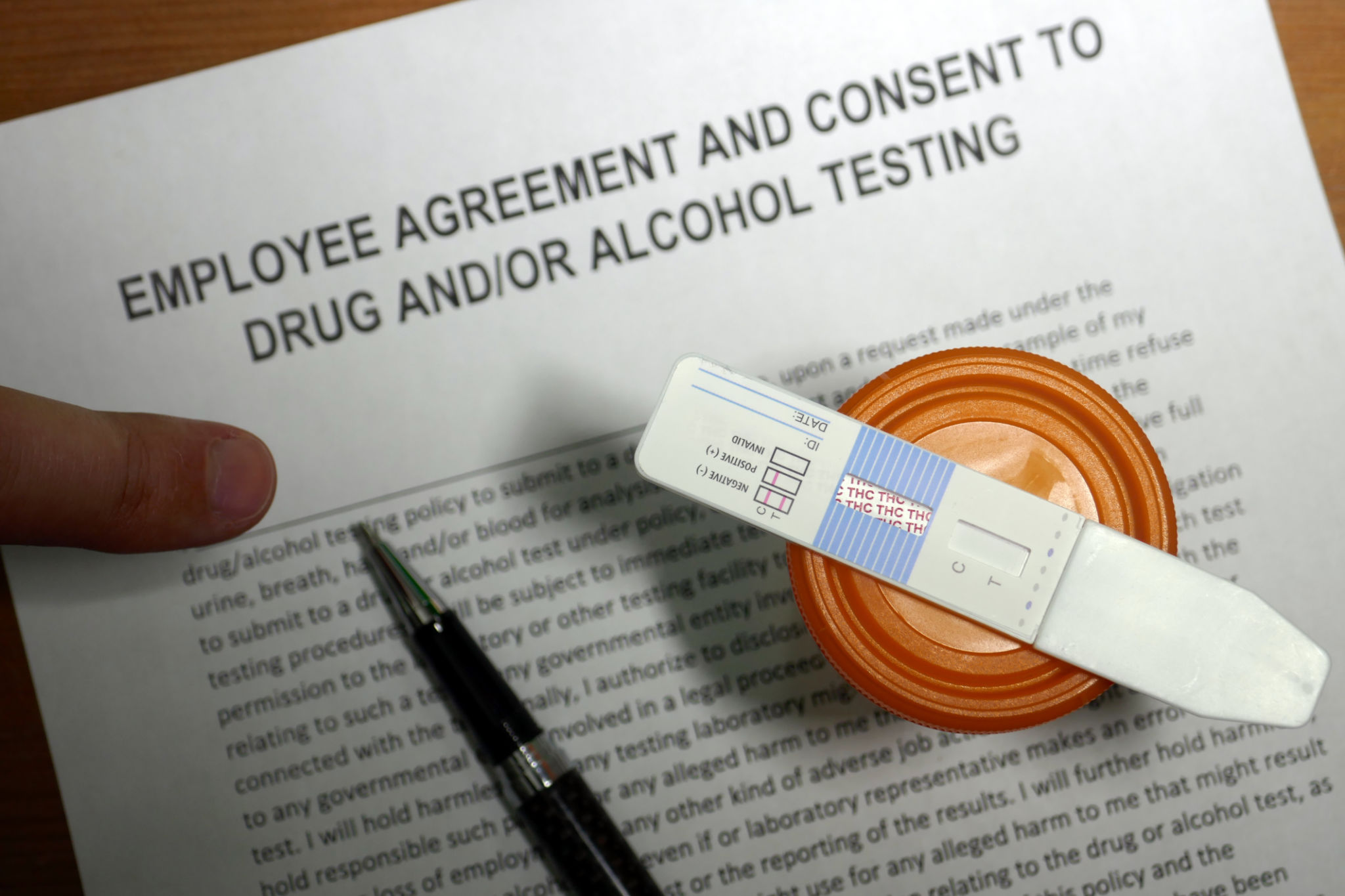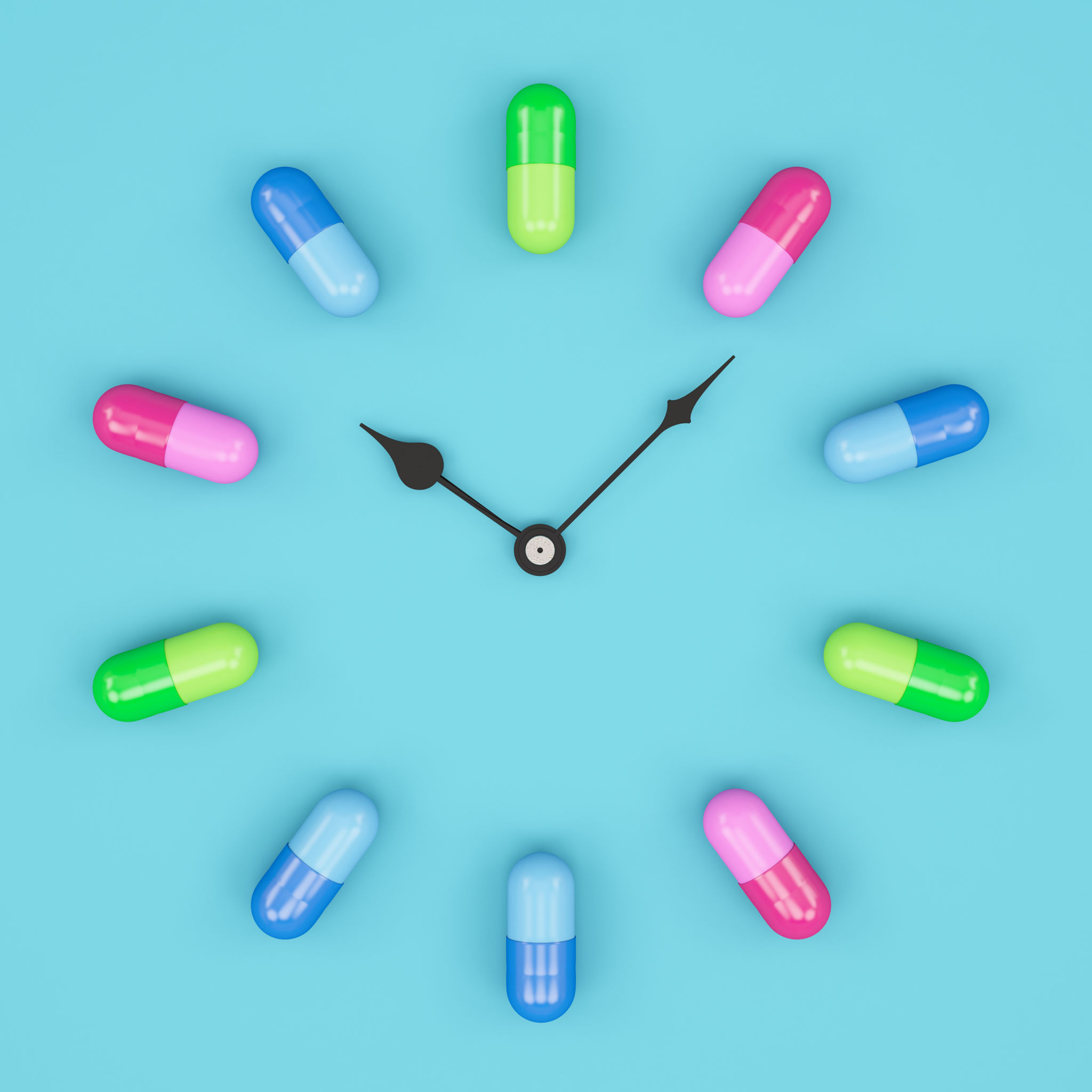Top 5 Questions About Drug Testing Services Answered
Understanding Drug Testing Services
Drug testing services have become an essential part of many workplaces, schools, and even sports organizations. As the need for these services grows, so does the curiosity about how they work and what they entail. In this blog post, we aim to answer the top five questions about drug testing services, providing clarity and insight into this critical field.

What Are the Different Types of Drug Tests?
There are several methods used to test for drug use, each with its advantages and specific applications. The most common types include:
- Urine tests: These are the most widely used due to their cost-effectiveness and ability to detect a wide range of substances.
- Blood tests: Known for their accuracy, blood tests can detect drug use within a few hours of consumption but are more invasive and expensive.
- Saliva tests: These are less invasive and offer quick results, making them suitable for on-the-spot testing.
- Hair tests: Hair follicle tests can detect drug use over a longer period, typically up to 90 days, providing a comprehensive history of substance use.
How Accurate Are Drug Tests?
The accuracy of drug tests largely depends on the type of test and the substances being screened. Generally, laboratory-based tests offer higher accuracy compared to instant or home tests. Urine tests are highly reliable when conducted under controlled conditions, whereas hair follicle tests provide an extensive drug use history. It's important to confirm positive results with secondary testing to ensure accuracy.

What Substances Can Be Detected?
Drug tests can screen for a variety of substances, depending on the panel chosen. Commonly tested drugs include:
- Cannabinoids (e.g., marijuana)
- Cocaine
- Amphetamines (e.g., methamphetamine)
- Opiates (e.g., heroin, morphine)
- Benzodiazepines
Employers or organizations can opt for expanded panels to include additional substances such as synthetic drugs or prescription medications.
How Long Do Drugs Stay Detectable in the System?
The detection window varies based on the substance, frequency of use, and the type of test employed. For instance, marijuana can be detectable in urine for up to 30 days for regular users, while cocaine may be detectable for only a couple of days. Hair follicle tests provide a longer detection window but may not indicate recent use.

Why Are Drug Tests Important?
Drug testing serves multiple purposes in society. In workplaces, they promote safety and productivity by ensuring employees are not under the influence while performing their duties. In educational settings, drug testing can deter substance abuse among students. Additionally, in athletics, it helps maintain fair competition by preventing performance-enhancing drug use.
Understanding these key aspects of drug testing services helps individuals and organizations make informed decisions about implementing these measures effectively. As technology advances, drug testing methods continue to evolve, offering more accurate and diverse solutions for detecting substance use.